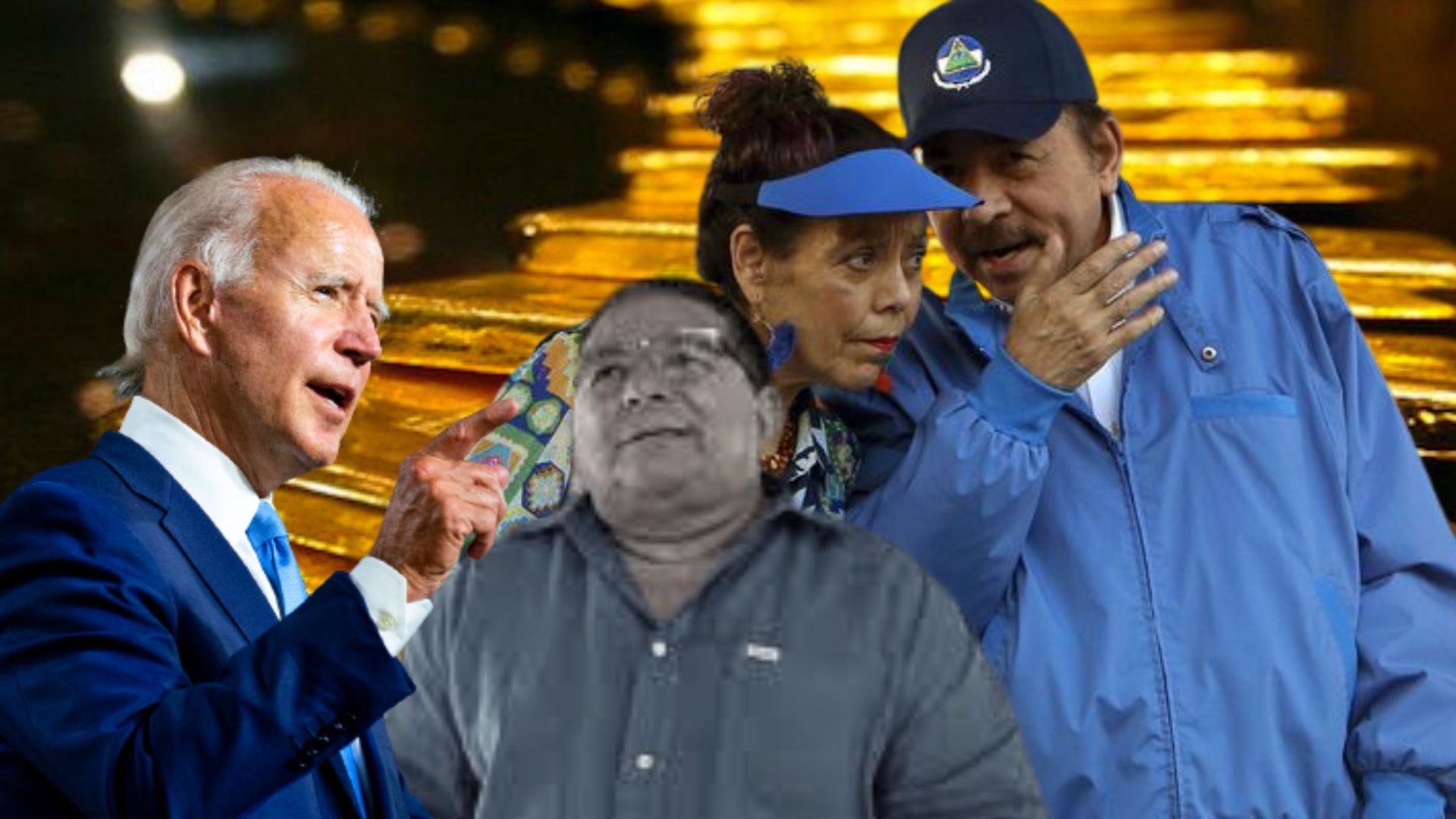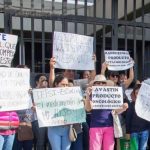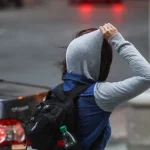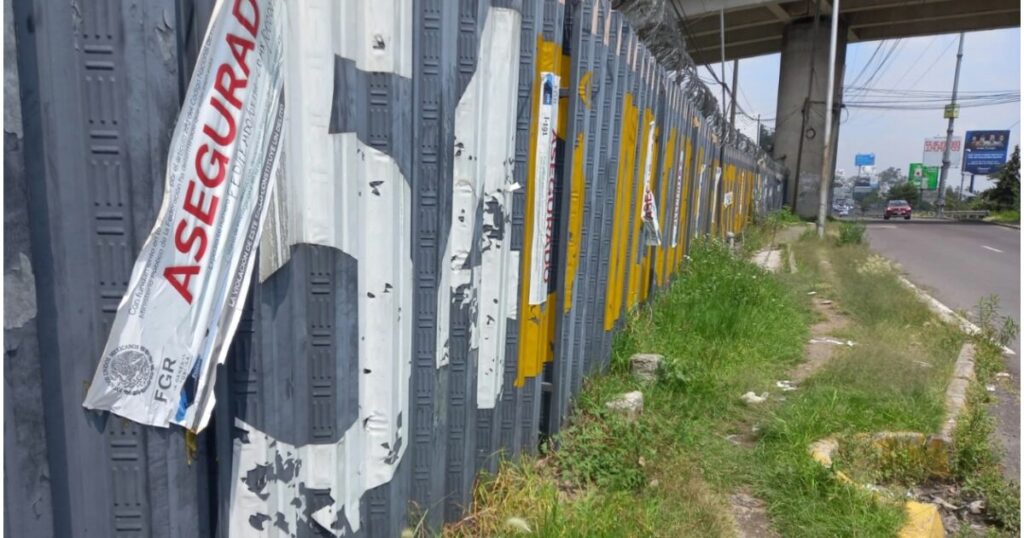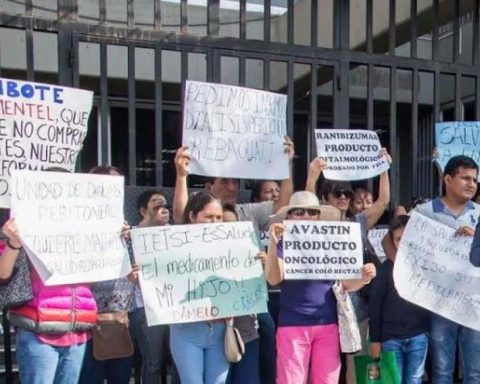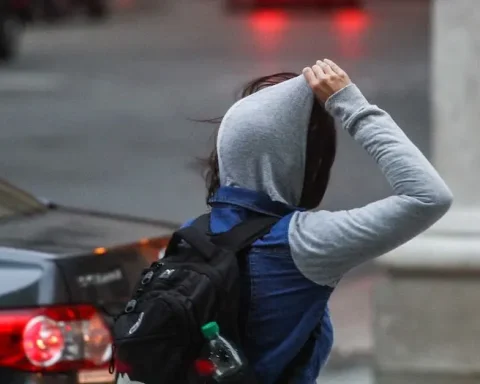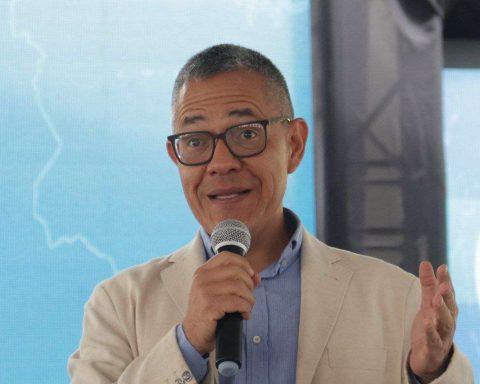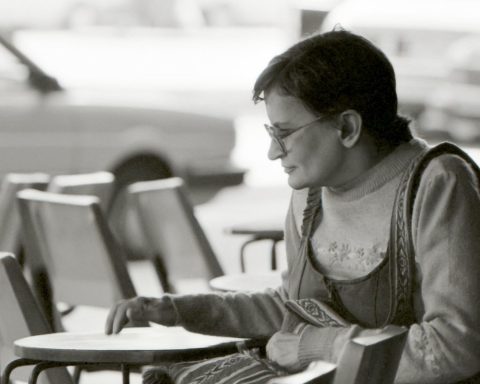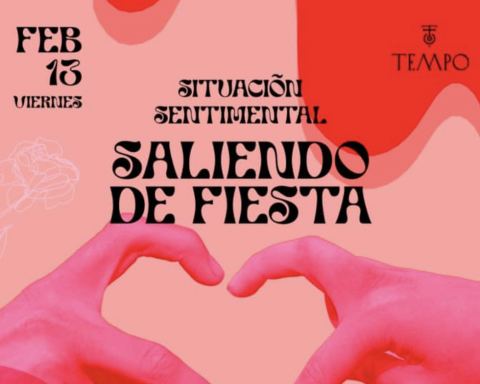State Department spokesman Ned Price announced Monday that the White House has restricted entry to the United States to more than 500 Nicaraguans who have participated in the undermining of the country’s democratic institutions.
The measure includes members of the National Police, the National Penitentiary System, judges, prosecutors, Higher Education officials and non-governmental actors who “allow the repression and corruption of the regime,” as well as their families.
The United States severely increased the pressure on the regime of Daniel Ortega and Rosario Murillo. The same day, he sanctioned Ortega’s operator Lenín Cerna, and the General Directorate of Mines to hit the gold operations that would be profiting the dictatorship.
Related news: doWhy did the US sanction the gold business in Nicaragua? Here the reasons
The White House also announced an amendment that expands trade-related measures for Nicaragua. Consequently, it sanctioned the General Directorate of Mines, an office of the Ministry of Energy and Mines, which has been in charge of managing mining operations since the United States sanctioned Eniminas.
The North American country affirms that Ortega and his henchmen use the profit originating from the production and commercialization of gold to enrich themselves and reward those who keep the regime in power.
The Sandinista deputies are preparing to strip the magistrate of the Supreme Court of Justice (CSJ) of her position Ileana Perez Lopez, who introduced his formal resignation, allegedly alleging health reasons.
Pérez sent a letter to the first secretary, deputy Loria Dixon, after it became known that she had been detained and taken to the Judicial Assistance Directorate (DAJ), known as El Chipote, in Managua.
On Tuesday, October 18, the magistrate, faithful to the presidential couple, was taken to the well-known torture center where she was interrogated and later released for her ties to presidential adviser Néstor Moncada Lau, according to the media. However, she was removed from her management positions and now apparently pressured to resign.
Related news: An OAS court rules against Almagro for causing “moral, personal and professional damage” to lawyer Paulo Abrão
The Nicaraguan Center for Human Rights (Cenidh) denounced the serious human rights crisis in Nicaragua, within the framework of the 41st Congress of the International Federation for Human Rights (FIDH) and the centenary of its foundation.
The «Cenidh asked FIDH to help Nicaraguans to achieve justice and achieve the freedom of more than 200 innocent people, whose lives are in danger».
As a show of solidarity and support for Cenidh and Nicaragua, FIDH decided to wear, during one of the days of the congress, t-shirts with the logo and slogan of the Nicaraguan NGO.
The Blue and White National Unity (Unab) called on Nicaraguan citizens to reject the municipal elections, scheduled for November 6.
Related news: More than 18,000 Nicaraguans entered the US irregularly in September 2022
The organization points out that the elections are framed by the “destruction of democratic institutions in Nicaragua and the establishment of a totalitarian and authoritarian regime,” describing the process as another electoral farce.
The International City of Arts and the National Center for Cinema and Animated Images (CNC for its French acronym) announced that they will offer a six-month program that will welcome filmmakers facing censorship within their country of origin or where they are located.
The project called “camera libre” is aimed at writer-directors who have already made at least one feature film selected at an international festival and who are developing a feature film project with an international vocation.
The opportunity comes after Daniel Ortega reformed the Law of the National Cinematheque in order to control all kinds of audiovisual material that is wanted to be produced in Nicaragua.
Related news: Cenidh urges release of political prisoners at FIDH congress
Nicaraguan writer Gioconda Belli will be awarded the prestigious international Liberpress Prize for Literature given to those who contribute to the “culture of solidarity”, focused on journalists and writers from around the world who have raised their voices to defend freedoms.
The prominent poet, exiled in Spain since May 2021, stated, through her social networks, that she felt “very honored by this award that she dedicated to the political prisoners of Nicaragua.”
The prize awarded to Belli is the most important among nine awards that are distributed in the categories of Literature, Song, Cinema, among others.
